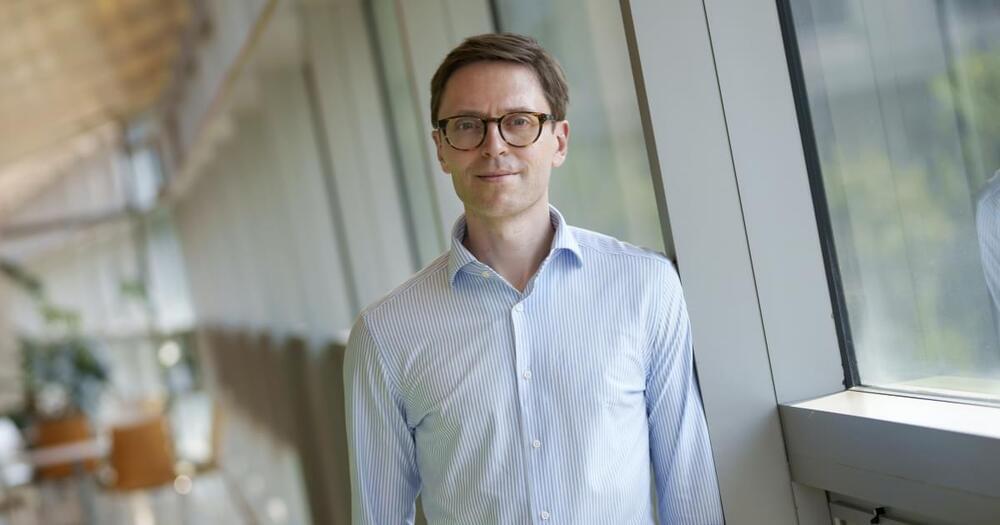In the ever-evolving landscape of scientific discovery, certain paradigms periodically challenge the established norms, compelling us to reconsider the boundaries of what we deem as ‘science.’ One such paradigm is the intersection of quantum physics and metaphysical science. Despite skepticism, there is a growing body of evidence suggesting that these two fields are not only compatible but also complementary. This blog delves into how quantum physics supports metaphysical science and argues for its integration into mainstream scientific discourse, underpinned by historical precedents.
“The day science begins to study non-physical phenomena; it will make more progress in one decade than in all the previous centuries of its existence.” — Nikola Tesla
Quantum physics, the study of particles at the smallest scales of energy levels, has fundamentally altered our understanding of reality. The principles of quantum mechanics, such as superposition, entanglement, and wave-particle duality, have revealed a universe far more intricate and interconnected than classical physics ever suggested. These concepts resonate profoundly with metaphysical science, which explores the nature of reality, consciousness, and existence beyond the physical.








